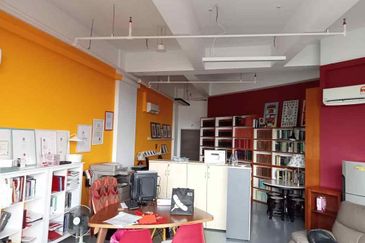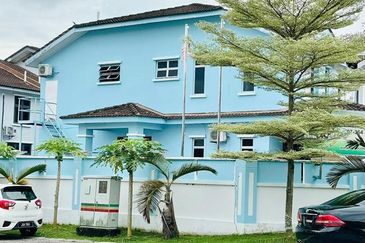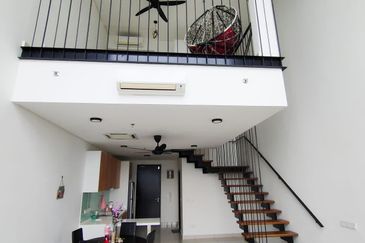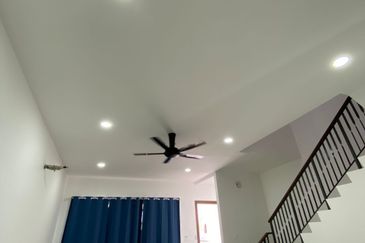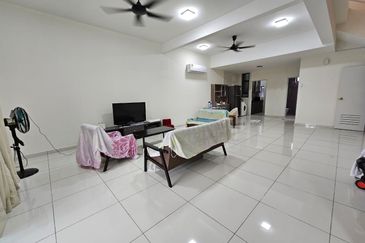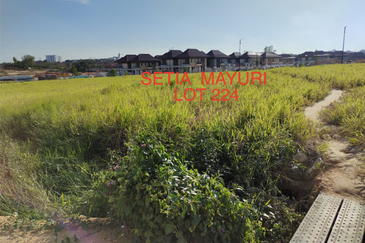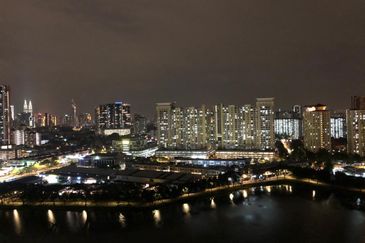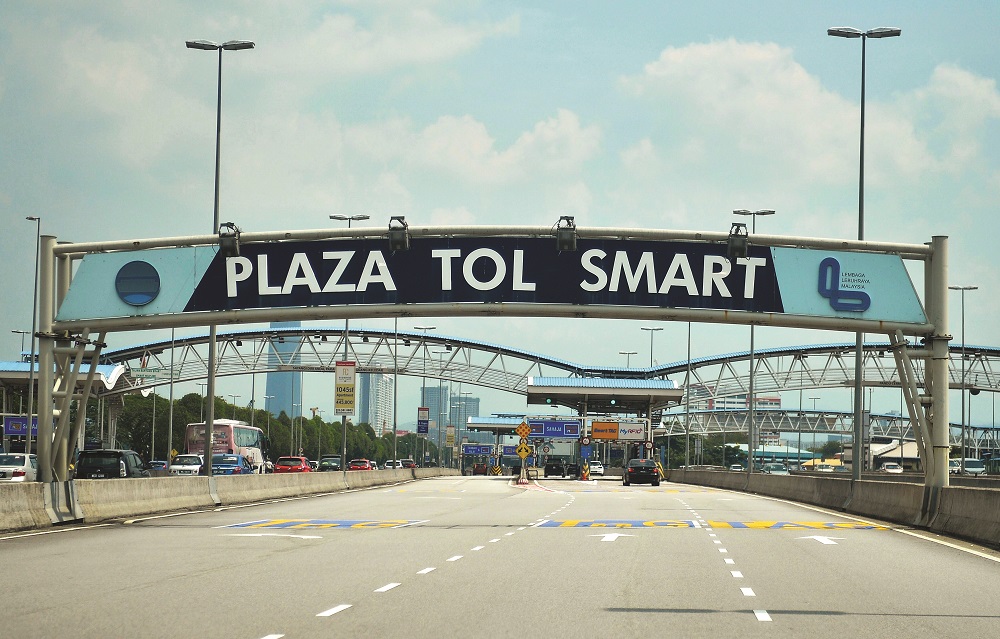
KUALA LUMPUR: The spotlight is on Gamuda Bhd and its peers which own highway concessions once again as the government is working on ways to honour its promise to abolish tolls in stages.
The highway concessionaires, which investors would normally seek shelter during an economic slowdown, are expected to be under selling pressure when the market opens today — a knee-jerk reaction to the news that the government is in talks with Gamuda, which holds equity stakes in four intra-city toll roads in the Klang Valley, to take over its tolled roads.
*Government in talks with Gamuda to acquire four highway concessions
On Bursa Malaysia, besides Gamuda, among the toll operators are IJM Corp Bhd, Ekovest Bhd, Taliworks Bhd and Lingkaran Trans Kota Holdings Bhd, in which Gamuda controls a 43.58% stake.
The main concerns that spook investors are that the government could not afford to pay the compensation according to the exit clauses in each concession agreements considering the government’s existing fiscal position with the mountain of debts left behind by the Barisan Nasional government, said analysts.
Consequently, the negotiations will not be only based on the terms agreed in the contracts earlier. Concessionaires may have to accept the valuation of the highway assets that the government has to offer. Like it or not, this is not pleasant news to shareholders of toll concessions.
The Prime Minister’s Office has said talks with Gamuda is the first step taken to abolish tolls over a period of time. With that statement, other concessionaires are expected to be at the negotiating table sooner or later.
The latest issue of The Edge Malaysia weekly reported that the government is currently seeking expropriation value from toll concessionaires, a step to kick-start the negotiations.
There are 29 tolled highways in the country. The total cost of taking over all the toll concessions is estimated to be around RM130 billion to RM145 billion, inclusive of about RM52 billion of debts. The total annual cost of maintaining these tolled roads is roughly RM1.5 billion to RM2.5 billion.
Analysts said Gamuda was the first to be approached. It could be because the concessions that it owns are nearer to expiry compared with others. It would be cheaper for the government to take over toll concessions that are near to the expiry.
How the government will compensate Gamuda has become the hot topic over the weekend in the investing fraternity.
Some speculate that the compensation would be based on the net present value of the future earnings in the remaining period of the concession. It is likely that the government will attach a discount rate to it to work out a sum. The discount rate will be key factor at the talks.
For the debt papers and bank borrowings, analysts expect the government to refinance all the loans to get an even better interest rates. Hence, there will be another round of negotiations with creditors.
“The outcome of the talks with Gamuda will set the precedent for others,” said a fund manager with a foreign insurance firm.
“The government’s fiscal position aside, it is also not politically right for the government to pay too much to take over the highways … the critics may say enriching the rich, although the government should honour all contracts that have been signed,” he commented.
The four highways involved in the government’s talks with Gamuda are Lebuhraya Damansara-Puchong (LDP), Sistem Penyuraian Trafik KL Barat (Sprint), Lebuhraya Shah Alam (Kesas) and the Stormwater Management And Road Tunnel (Smart Tunnel).
Litrak is the concessionaire of the LDP and Sprint. Gamuda also holds a 70% equity stake in the Kesas highway while Perbadanan Kemajuan Negeri Selangor owns the remaining 30%. The Smart Tunnel is jointly owned by Gamuda and MMC Corp Bhd.
That said, some quarters are not as pessimistic noting that there could be some selling pressure on the tolled road operators but it should be contained.
“Gamuda and other toll operators [share prices] may drop but [is] unlikely to affect the overall equity market. After all, this is not the first case for Gamuda. Prior to that, there is the water treatment asset owned by Splash (Syarikat Pengeluar Air Sungai Selangor Sdn Bhd),” said a foreign fund manager.
He does not foresee the latest development will send shockwaves to bondholders.
The government will continue “congestion charges” for eight hours when traffic is at the peak daily, and the sum collected will partly be utilised to repay borrowings.
“In this case, it is unlikely to be the worst-case scenario in which the government just expropriates the assets and [there is] nothing left for the equity holders and creditors.
“However, no one could rule out the risk of taking [a] haircut, it is dependent on how steep is the cut,” said the foreign fund manager, adding however that the government will not take very drastic moves that will frighten both local and foreign investors away.
Besides, an industry observer said it might not be that surprising that some toll operators may want to surrender their concessionaires to the government, especially tolled roads that have traffic volume below expectations.
“To some concessionaires, if the discount isn’t that steep, it might not necessarily be a raw deal for them as selling back to the government, they will be able to collect a big sum upfront rather than collecting toll over 15 or 20 years,” he said.
“Furthermore, the government has been spending money to improve public transport. This will eventually remove some traffic from highways. On top of that, petrol prices could be trending higher in the future,” he added.
This article first appeared in The Edge Financial Daily, on Feb 25, 2019.
TOP PICKS BY EDGEPROP

Bandar Puncak Alam
Bandar Puncak Alam, Selangor

Bandar Puncak Alam
Bandar Puncak Alam, Selangor

Bandar Puncak Alam
Bandar Puncak Alam, Selangor

Halya @ Daunan Worldwide
Bandar Puncak Alam, Selangor

